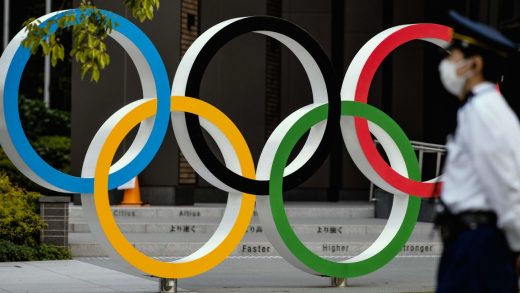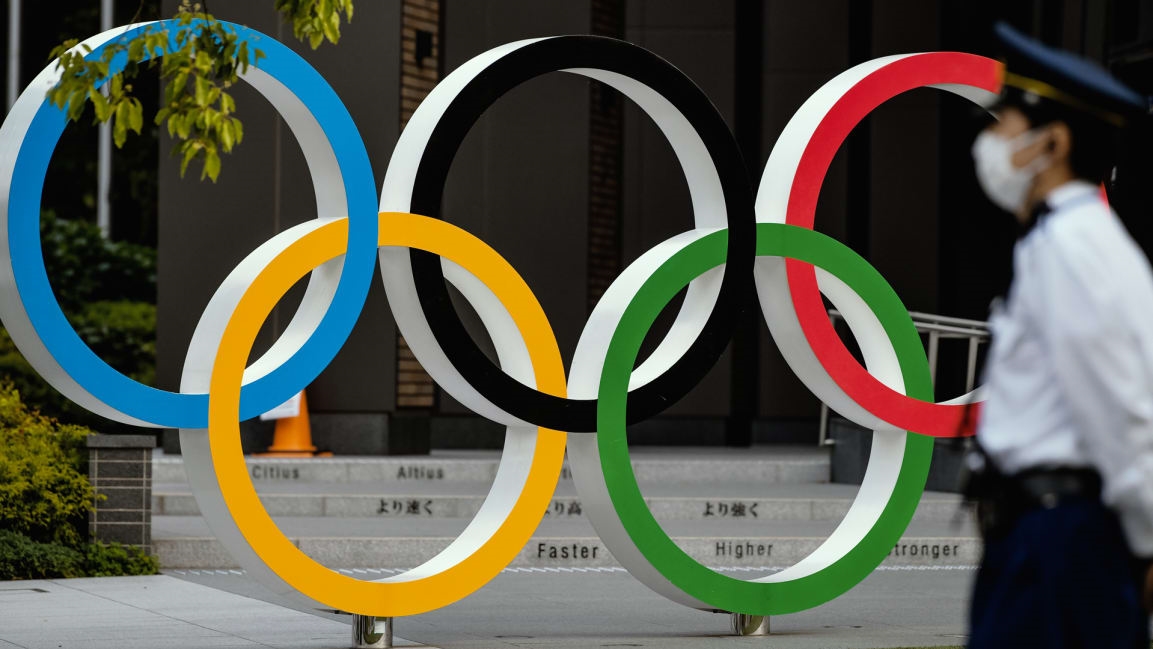If you were thinking about attending the Tokyo Olympics, think again
Dreams of chanting “USA, USA, USA” in a Tokyo arena with a group of Olympics spectators practicing social distancing have been dashed.
The U.S. State Department and the Centers for Disease Control and Prevention have issued advisories strongly urging against travel to Japan due to the high level of COVID-19 there.
The 2020 Summer Games were already delayed a year and are now slated for July to August 8 (the Paralympics will take August 24 to September 5), though there have been calls to delay or cancel the sports mega-event again.
The State Department has issued a Level 4 Travel Health Notice, the highest warning level, and the CDC has deemed there to be a “very high level of COVID-19 in Japan,” the agency’s top alert.
“Travelers should avoid all travel to Japan. Because of the current situation in Japan even fully vaccinated travelers may be at risk for getting and spreading COVID-19 variants and should avoid all travel to Japan. If you must travel to Japan, get fully vaccinated before travel,” the CDC website advises.
According to the World Health Organization, Japan has recorded 3,048 new COVID cases in the last 24 hours and 86 deaths. To date, it’s had 721,912 cases out of more than 167 million worldwide.
Tokyo Olympics officials budgeted $900 million for what they call “COVID-19 countermeasures” in their December budget, adding more costs to already over-extended finances. When the city bid for the what was then the 2020 Summer Games, the cost was approximately $7.5 billion. In 2019, the price tag had swelled to $12.6 billion and six months ago, it jumped another 22% to $15.4 billion.
College of the Holy Cross professor Victor Matheson, a sports economics expert, estimates that Tokyo will lose $5 billion on the Olympics: $3 billion for anti-COVID-19 measures, $1 billion in lost tickets sales, and a $1 billion economic-impact hit for the region, which had been poised to earn money off tourists.
This will be the fourth time Japan hosts the Games. The first three were the 1964 Tokyo Summer Olympics, the 1972 Sapporo Winter Olympics, and the 1998 Nagano Winter Olympics.
If the Games are canceled, it would not be the first time. The 1916 Summer Olympics in Berlin were nixed due to World War I. The 1940 Winter and Summer Games—both originally slated for Japan, which subsequently invaded China—were moved to Helsinki and Garmisch-Partenkirchen, Germany, respectively, and then canceled due to World War II. That’s the same reason the 1944 Winter and Summer Games in Cortina d’Ampezzo, Italy, and London, respectively, were scrubbed.
(19)



